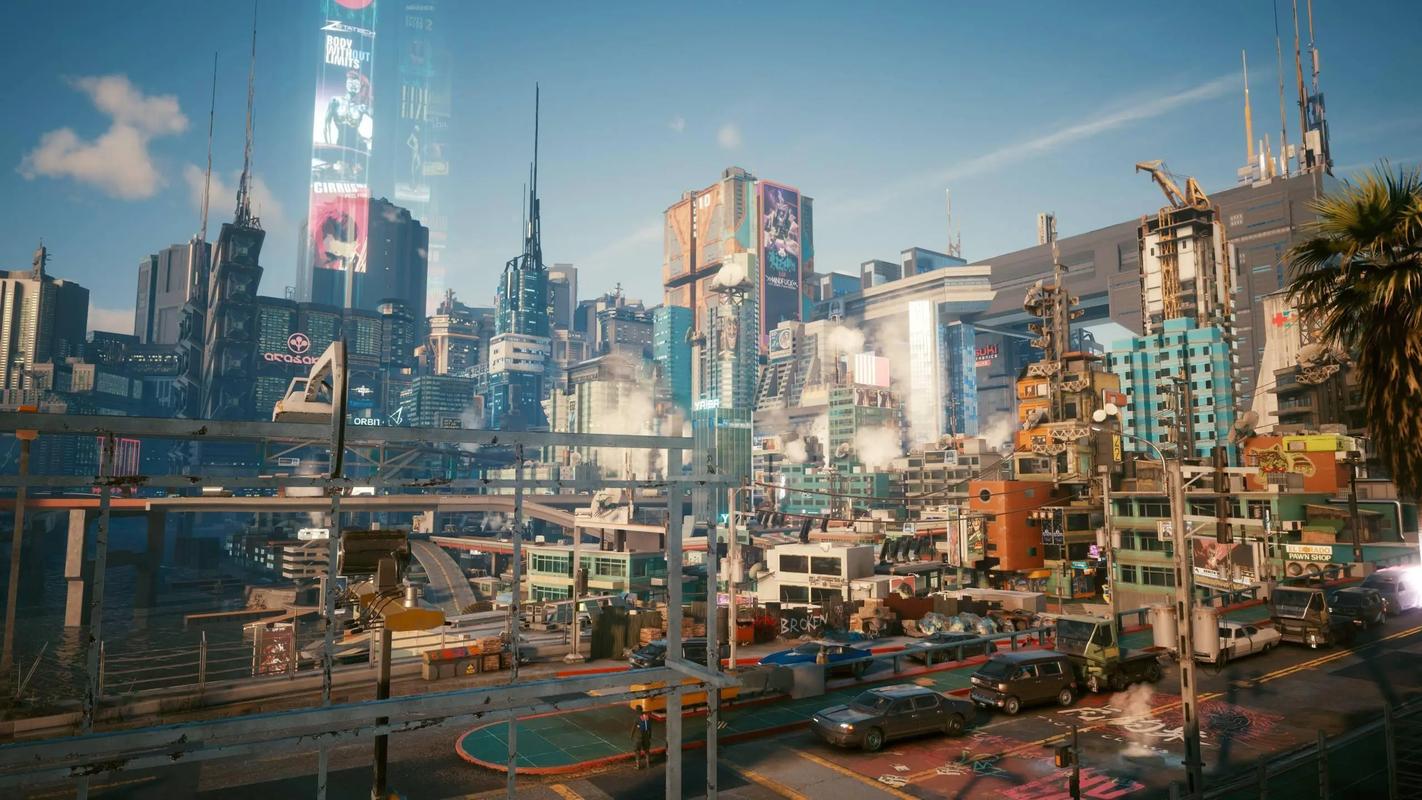God of War II Score: Sequential Improvement Analysis
The original God of War (2005) was a landmark title, not only for its visceral combat and cinematic storytelling but also for its powerful musical score composed by Gerard Marino, Mike Reagan, Ron Fish, Winifred Phillips, and Cris Velasco. When God of War II arrived in 2007, it faced the daunting task of expanding upon a mythos that had already felt epic in scale. The score, helmed by the same collaborative team with Gerard Marino often acting as the lead, did not merely replicate the success of its predecessor. Instead, it embarked on a path of sequential improvement, refining established themes, introducing more nuanced instrumentation, and deepening the emotional and narrative resonance of the music in lockstep with Kratos’s expanded journey. An analysis of this evolution reveals a soundtrack that is more confident, complex, and integral to the gaming experience.
The most immediate point of comparison lies in the treatment of the franchise’s iconic main theme. In the first game, "The Vengeful Spartan" is a masterpiece of brutal simplicity. Driven by a relentless, percussive brass motif, chanting male chorus, and wailing electric guitar, it is a perfect audio representation of Kratos: raw, unstoppable, and singularly focused on rage. It is brilliant in its primal immediacy. In God of War II, the composers take this foundational element and build upon it with greater orchestral sophistication. Tracks like "The End Begins" reintroduce the theme but with a more expansive soundscape. The orchestra feels larger, the choir arrangements more layered and complex, often incorporating female vocals to add a dimension of tragic grandeur alongside the masculine fury. This isn't a replacement of the original's power; it's an enhancement. The theme now carries not only the weight of Kratos's rage but also the immense scale of his new conflict against the very gods of Olympus. The improvement is sequential because it acknowledges what worked—the core melodic and rhythmic identity—and then elevates it with improved production and more detailed orchestration.

Beyond the main theme, God of War II demonstrates a significant evolution in its use of ambient and narrative-driven music. The first game’s score was effective but often functioned in broad strokes: intense combat music, eerie exploration themes, and massive boss battle cues. The sequel exhibits a greater confidence in subtlety and leitmotif. Characters and locations receive more distinct musical identities. The score for the Island of Creation, for instance, weaves ethereal vocals and haunting, mysterious textures that stand in stark contrast to the gothic horror of the Temple of Lahkesis. This creates a more immersive and varied soundscape that guides the player's emotional response to different environments more precisely.
Furthermore, the score more deftly handles the narrative arc of Kratos himself. While the first game's music brilliantly captured his rage, God of War II begins to explore the fleeting glimpses of his past humanity and the profound tragedy of his fate. A prime example is the treatment of the theme for Athena. Her presence in the first game was marked by a noble, almost celestial choral piece. In the sequel, as her role evolves from mentor to a more complex spectral guide, her theme is often fragmented, woven into the score on mournful strings or distant, echoing vocals. This reflects her changed state and Kratos's complicated relationship with her memory. Similarly, the music accompanying the flashbacks to his mortal life and the death of his family possesses a deeper melancholy. The use of a lone, sorrowful violin or a soft, piano-like percussion in tracks such as "The Palace of the Fates" adds a layer of pathos that was less pronounced in the first game. The composers understood that Kratos's story was no longer just about anger; it was about the colossal consequences of that anger, and the score adapts to reflect this tragic depth.
The technical execution also marks a clear step forward. The recording quality and mixing of the live orchestra and choir are noticeably improved, granting the music a richer, more powerful presence. The balance between the synthetic elements (like the iconic guitar) and the organic orchestral forces is more seamless. The guitar is no longer just a layer on top; it is integrated into the fabric of the orchestra, used as a textural element to accentuate the Spartan's brutality without overpowering the classical foundation. This maturity in sound design ensures that even the most chaotic battle themes retain their musical clarity and impact.
In conclusion, the score for God of War II stands as a paradigm of sequential improvement in video game sequels. It avoids the common pitfall of simply being "more of the same." Instead, the composing team conducted a meticulous analysis of what made the original score so effective and set about refining and expanding every aspect. They amplified the main theme's grandeur, introduced greater environmental and narrative nuance through leitmotif, and explored a wider emotional range to match the expanding scope of the story. All this was delivered through superior technical production. The result is a soundtrack that honors the brutal legacy of its predecessor while confidently forging its own identity—one that is more symphonic, sophisticated, and essential to the epic tragedy of Kratos's quest for vengeance. It set a new standard for the franchise and for action gaming soundtracks as a whole.














